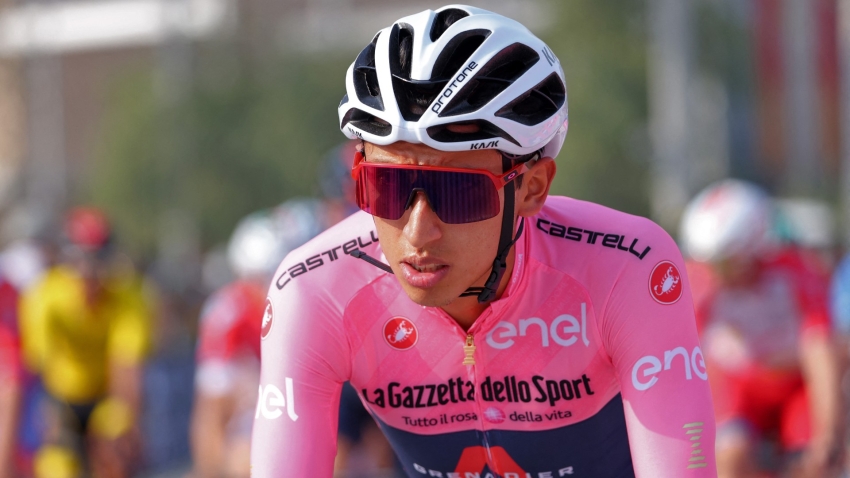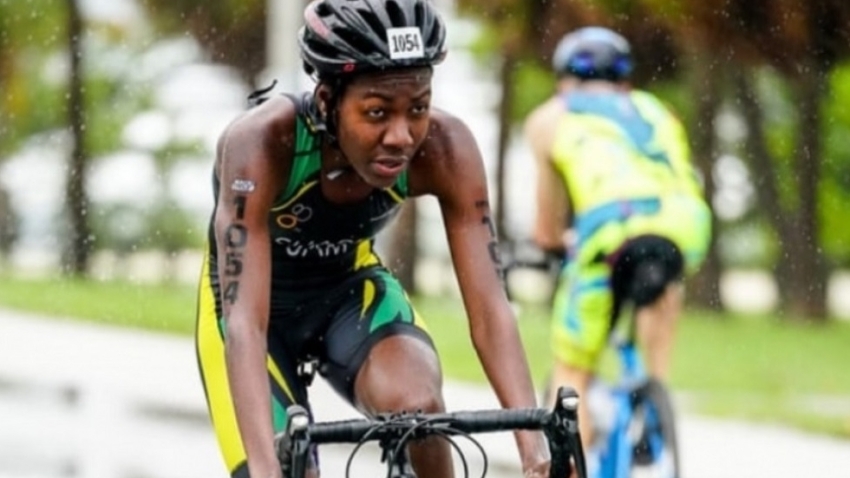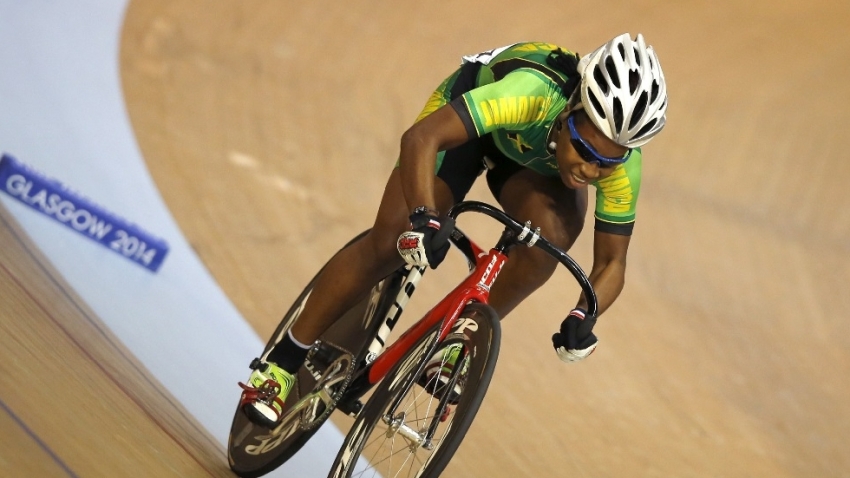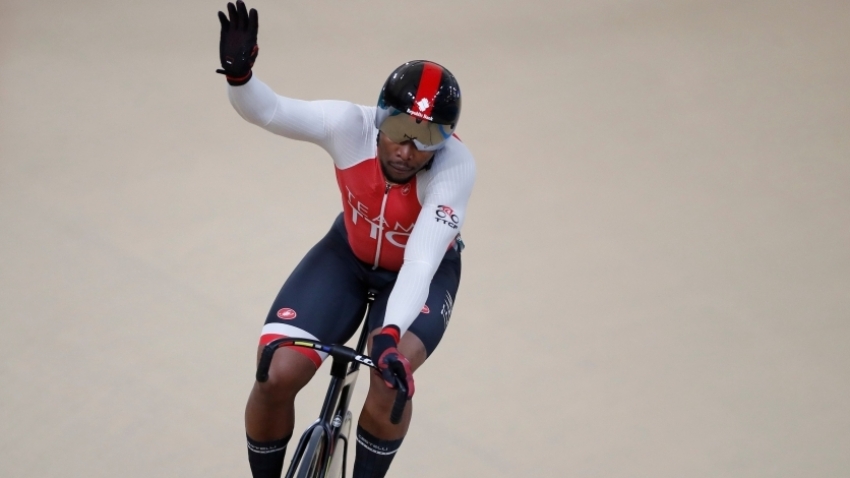While looking ahead to possibly making another Olympic Games appearance in 2028 in Los Angeles, Trinidad and Tobago’s cycling stalwart, Nicholas Paul, is also hopeful that he will be able to share that occasion with a few more riders from the twin island republic.
Well aware of the depth of the talent that Trinidad and Tobago possesses, Paul, who relished a second-consecutive Olympic Games appearance at the just-concluded Paris showpiece, believes it is very much possible for those cyclists to also achieve their dreams of competing at the global multi-sport event.
The decorated Paul, who has numerous championship medals under his belt, and Kwesi Browne represented Trinidad and Tobago with much gusto and pride in Paris, as they gave their all on the track in both the sprint and keirin events, though both failed to make the finals.
“Team sprint, sprint, Keirin, team pursuit, I just want as many cyclists as possible to be able to make it on the Olympic stage,” Paul told the Express.
“It’s a big, big, big pool of talented young cyclists coming up. I have been trying to be a good role model for them, to let them know that they can come out here because the dream is possible. You just have to work hard. We can make a good driving force from juniors straight up to the elite,” he added.
Having contested both the Sprint and Keirin quarterfinals in Paris, Paul expressed an even deeper desire to improve his standards going forward, especially after watching Australian Matthew Richardson and Dutchman Harrie Lavreysen erase his previous world record of 9.100 in the flying 200 metres.
Lavreysen stopped the clock at 9.088 seconds, mere minutes after Richardson clocked 9.091 seconds.
“It (the quarterfinals) was not the outcome I wanted, but you live, you learn, and you come again. But I’m happy for Harrie. That was a great ride, and at the same time, it’s giving me more hunger to get back on that length to be able to break the world record and get that fast again,” Paul noted.
However, for now, the 25-year-old pointed out that the focus is on rest and recovery ahead of his next major assignment, the UCI Track World Championships scheduled for October 16-20 in Denmark.
“I think I’ll back off a bit, have a bit of a rest, and then go into Worlds. I’m really hungry, but at the same time, the build was until Paris. It was a bit stressful, so I have to ease off and then go into Worlds with as much form as possible,” Paul said.
On that note, Paul also expressed gratitude for the support from Trinidad and Tobago’s sporting enthusiasts, though some comments were not welcoming of the athletes’ overall efforts in Paris.
“I never think about the negatives because we could only work with the positives, and we have a lot of positives to work with. Moving forward, us athletes should come together and try to make Trinidad and Tobago better as a whole. Athletics, cycling, and every sport; to raise the level not only in Trinidad and Tobago, but in the Caribbean,” he ended.

































